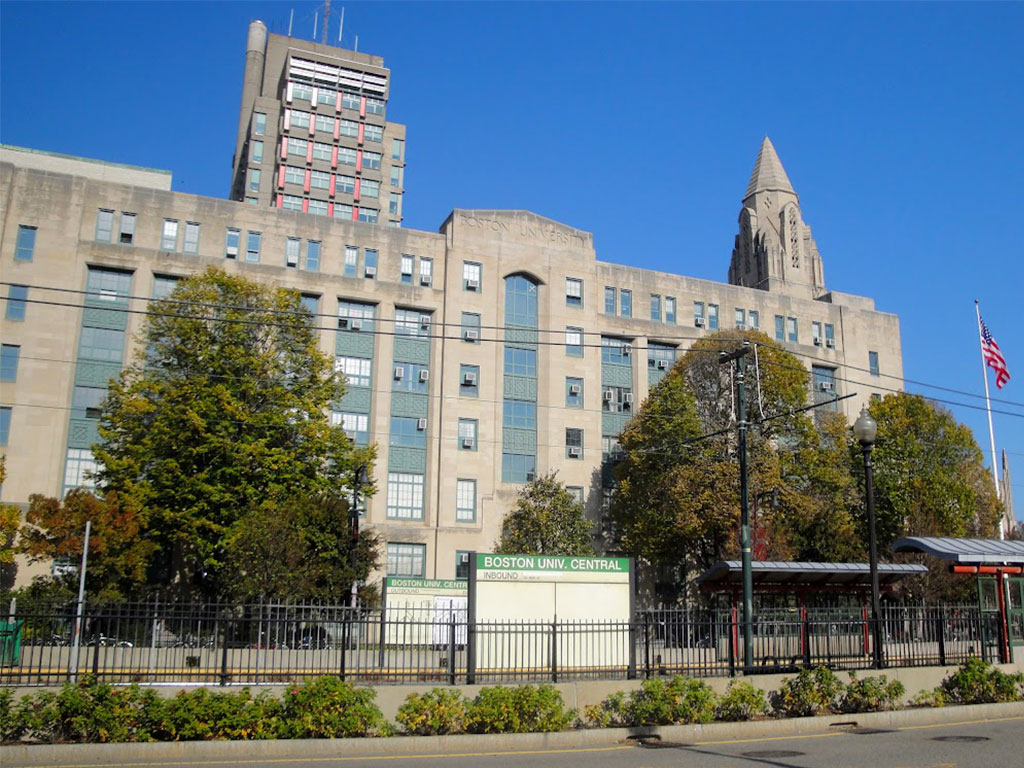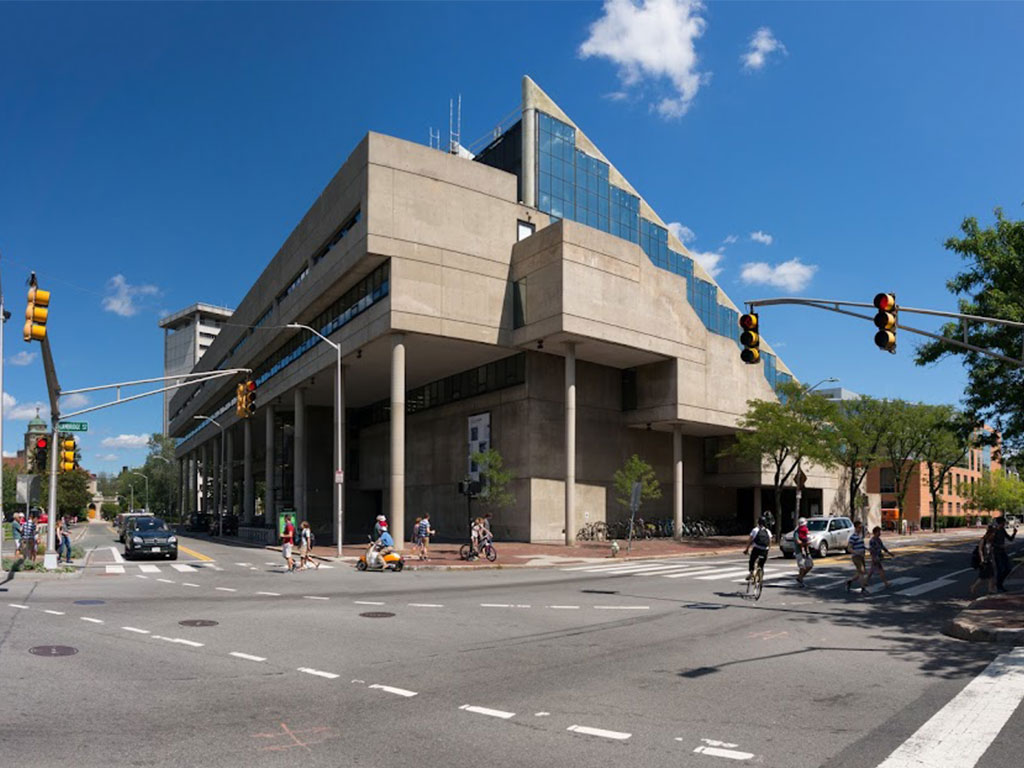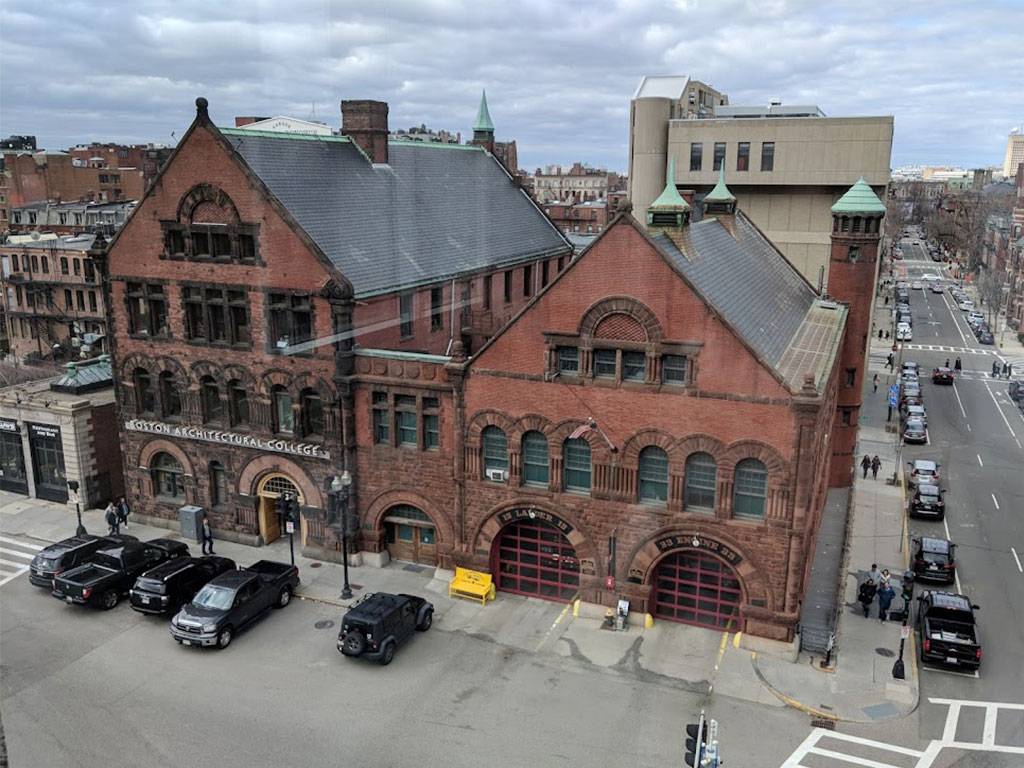Boston, with its rich history and vibrant culture, stands out as a premier destination for aspiring architects.
The city’s blend of historic landmarks and cutting-edge modern structures offers a unique, immersive learning environment for architecture students.
Choosing the right university can shape one’s career, and Boston boasts some of the finest institutions for architectural education.
This article delves into the top five architecture universities in Boston, highlighting what makes each one exceptional for future architects.
Top 5 Best Architecture Universities in Boston
Boston is home to several prestigious institutions offering architecture programs.
Here are some notable architecture universities in the area:
1. Massachusetts Institute of Technology

Massachusetts Institute of Technology (MIT) is renowned for its rigorous architecture program. Established in 1861, MIT is built on a strong foundation of innovation in science and engineering, offering unparalleled resources and facilities.
The School of Architecture and Planning at MIT provides students with a cutting-edge education, combining theoretical knowledge with hands-on practice.
MIT’s architecture program covers urbanism, technology, design, and history. Students benefit from an interdisciplinary approach, collaborating with peers in engineering and science fields.
Ranked consistently among the top in the world, the program emphasizes sustainability and innovation in architectural design.
Located at 77 Massachusetts Ave, Cambridge, MIT features state-of-the-art studios and labs. The school offers numerous research opportunities and access to prominent faculty members who are leaders in the architecture industry.
MIT is accessible via public transport and situated in the heart of a vibrant, historical area, making it an ideal location for aspiring architects. Visit the MIT School of Architecture and Planning’s website for more information.
2. Suffolk University College of Arts & Sciences

Suffolk University College of Arts & Sciences stands out as a premier choice for aspiring architects in Boston.
Located at 20 Somerset St, Boston, MA 02108, Suffolk offers a comprehensive program that blends theoretical learning with practical experience.
The architecture curriculum focuses on developing a deep understanding of design principles, history, and urban planning.
Students benefit from Suffolk’s prime location in Boston, a city known for its architectural heritage and vibrant cultural scene.
The Roemer Plaza area, where the university stands, provides an inspiring backdrop for students. Also, the state-of-the-art facilities ensure students have access to the latest tools and resources.
The small class sizes foster close interaction with faculty, allowing for personalized attention and mentorship—crucial for nurturing talent in the field of architecture.
With numerous internship opportunities available in the city, students can gain real-world experience, making Suffolk an excellent choice for those looking to launch a successful architecture career.
3. Boston University

Boston University (BU) stands out as a premier institution for architecture. Located on Commonwealth Ave, BU combines robust academic programs with an ideal urban setting.
The university is particularly known for its comprehensive courses in law, medicine, and engineering.
BU’s architecture program emphasizes interdisciplinary learning, connecting concepts from engineering and urban planning to foster a holistic educational experience.
Students benefit from state-of-the-art facilities and access to a vibrant community that encourages innovation and creativity.
The university’s strategic location along the river and its proximity to Boston’s rich architectural heritage provide an inspiring environment for aspiring architects. Small class sizes ensure personalized attention and guidance from experienced faculty.
Also, students at BU have numerous opportunities for research and internships within the city’s dynamic architectural landscape, helping them gain practical, hands-on experience essential for their future careers.
4. Harvard University Graduate School Of Design

Harvard University Graduate School of Design (GSD) boasts a high reputation, exemplified by its impressive 4.8 rating from 50 reviews.
Located at 48 Quincy St, Cambridge, MA 02138, GSD is at the heart of Harvard University and easily accessible.
This prestigious institution emphasizes innovation and interdisciplinary learning in architecture design. Students engage in diverse areas such as urbanism, technology, and sustainability.
GSD’s renowned faculty provide mentorship, fostering a dynamic academic environment. State-of-the-art facilities complement the rigorous curriculum, empowering students to excel as future architects.
5. Boston Architectural College

Boston Architectural College (BAC), located at 320 Newbury St, stands out with a rating of 4.0 from 45 reviews.
Known for its hands-on learning approach, BAC integrates academic courses with real-world experience, ensuring students are job-ready.
The institution offers undergraduate and graduate programs focused on practical design skills and sustainable practices.
Small class sizes at BAC foster close interaction between students and faculty, enhancing personalized learning.
The college’s prime location in Boston provides ample opportunities for internships and projects within the city’s rich architectural landscape.
BAC’s commitment to innovation and its comprehensive approach make it a top choice for aspiring architects.
What Makes These Architecture Universities in Boston Stand Out?
Boston’s architectural landscape offers aspiring architects a unique blend of historical charm and modern innovation.
Here’s what sets the top five architecture universities in the city apart:
Cutting-Edge Innovation and Interdisciplinary Learning
One institution excels in merging architecture with other fields such as engineering and urban studies. Its curriculum is designed to foster innovation through an interdisciplinary approach, where students collaborate with peers from diverse disciplines.
The state-of-the-art facilities, including advanced studios and research labs, further enhance the learning experience, providing students with access to the latest technologies and resources.
Comprehensive and Integrated Curriculum
Another university offers a robust architecture program that blends design principles with urban planning and historical studies.
The comprehensive curriculum emphasizes a deep understanding of architectural concepts, preparing students for various professional aspects.
Located in the heart of a historically rich city, the university benefits from its proximity to a wealth of architectural landmarks and cultural experiences, providing an inspiring backdrop for students.
Interdisciplinary and Practical Experience
A third institution is known for its interdisciplinary approach, connecting architecture with engineering and urban planning.
The program’s strength lies in its integration of theory and practice, with students benefiting from extensive research opportunities and hands-on experiences.
The university’s location along a scenic river adds to the dynamic urban environment, offering students a rich source of inspiration and practical learning experiences.
Prestigious Faculty and Advanced Facilities
One of the most prestigious institutions in the city is renowned for its focus on innovation and interdisciplinary study. The program features a curriculum that spans urbanism, technology, and sustainability.
Students have access to a distinguished faculty and state-of-the-art facilities, which support a rigorous academic environment and encourage exploration and experimentation in architectural design.
Hands-On Learning and Industry Integration
Finally, another university is distinguished by its hands-on approach to architectural education. The program integrates academic coursework with real-world experience, ensuring that students are well-prepared for professional practice.
Smaller class sizes foster close interaction between students and faculty, while the university’s central location provides ample opportunities for internships and projects within the city’s vibrant architectural community.
Frequently Asked Questions
Why is Boston a good destination for aspiring architects?
Boston’s rich history and vibrant culture offer a unique learning environment for aspiring architects.
The city’s architectural heritage provides real-world examples of design principles and innovation, making it an ideal place to study architecture.
What makes MIT’s architecture program stand out?
MIT’s architecture program is known for its rigorous academic curriculum established in 1861. It offers a strong foundation in urbanism, technology, design, and history, with a particular emphasis on sustainability and innovation.
The interdisciplinary approach and state-of-the-art facilities make it exceptional.
How does Suffolk University support architecture students?
Suffolk University emphasizes a balanced blend of theoretical learning and practical experience. Its location in a city with rich architectural heritage and small class sizes ensures personalized attention and mentorship. Numerous internship opportunities in Boston further enhance students’ real-world experience.
Why is Harvard’s Graduate School of Design highly rated?
Harvard GSD is renowned for its innovative and interdisciplinary approach to architectural design.
Students benefit from state-of-the-art facilities, mentorship from experienced faculty, and a rigorous curriculum that covers urbanism, technology, and sustainability.
What is unique about Boston Architectural College’s approach to architecture education?
BAC emphasizes a hands-on learning approach, integrating academic courses with real-world experience.
Small class sizes foster close student-faculty interaction, and the institution’s prime location provides ample opportunities for internships and projects within Boston’s architectural landscape.
What factors should I consider when choosing an architecture university in Boston?
Consider the program’s curriculum, faculty expertise, available facilities, and opportunities for hands-on experience and internships.
Each university has unique strengths catering to different educational preferences and career aspirations.
Are there opportunities for practical experience in Boston’s architecture programs?
Yes, all featured universities offer ample opportunities for practical experience. Internships, research projects, and hands-on learning are integral parts of the architecture programs at MIT, Suffolk University, BU, Harvard GSD, and BAC.
Conclusion
Choosing the right architecture university in Boston is crucial for a successful career, as each institution offers unique strengths.
MIT has an innovation-driven curriculum, Suffolk University offers personalized attention and practical experience, Boston University provides an interdisciplinary approach, Harvard GSD excels in innovation and faculty mentorship, and BAC focuses on job readiness through hands-on learning.
Aspiring architects can use these programs to develop essential skills and opportunities in Boston’s dynamic architectural landscape.
By evaluating their unique offerings, students can select a program that aligns with their professional goals and personal preferences.
This diverse array of top-notch institutions ensures that no matter what architectural path you choose, Boston’s academic environment will equip you with the knowledge and experience needed to excel.
Natalie Kurtzman